One of the most central doctrines of Hume's philosophy is his notion that the mind consists of its mental perceptions, or the mental objects which are present to it, and which divide into two categories: impressions and ideas. David Hume strove to create a total naturalistic science of man that examined the psychological basis of human nature. He argued against the existence of innate ideas, positing that all human knowledge is founded solely in experience. This book presents all the main Hume's ideas and teaching, beginning with his classic statement of philosophical empiricism, skepticism, and naturalism, " A Treatise of Human Nature".
David Hume: The Collected Works
À propos de ce livre
One of the most central doctrines of Hume's philosophy is his notion that the mind consists of its mental perceptions, or the mental objects which are present to it, and which divide into two categories: impressions and ideas. David Hume strove to create a total naturalistic science of man that examined the psychological basis of human nature. He argued against the existence of innate ideas, positing that all human knowledge is founded solely in experience. This book presents all the main Hume's ideas and teaching, beginning with his classic statement of philosophical empiricism, skepticism, and naturalism, " A Treatise of Human Nature".
Commencez ce livre dès aujourd’hui pour 0 €
- Accédez à tous les livres de l'app pendant la période d'essai
- Sans engagement, annulez à tout moment
Auteur(e) :
Langue :
anglais
Format :
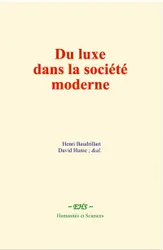
Du luxe dans la société moderne
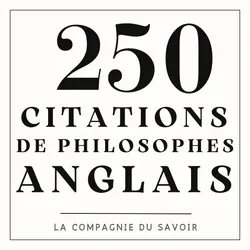
250 citations de philosophes anglais

50 citations de David Hume
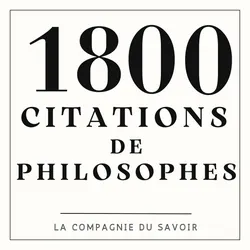
1800 Citations de philosophes
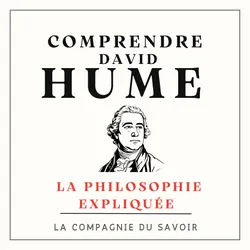
Comprendre David Hume

The History of England Volume 6 : Containing the Commonwealth, Charles II and James II

The Dark Ages Collection : Chronicles of a Transformative Era
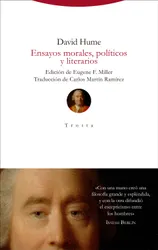
Ensayos morales, políticos y literarios

The History of England Volume 5 : James I and Charles I
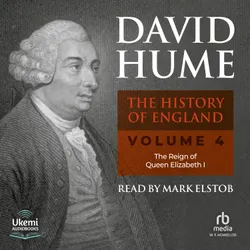
The History of England Volume 4 : The Reign of Queen Elizabeth I

The History of England Volume 3 : From Henry VII to Mary
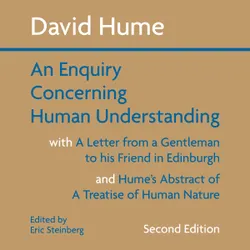
An Enquiry Concerning Human Understanding : with A Letter from a Gentleman to his friend in Edinburgh and Hume’s Abstract of A Treatise of Human Nature
